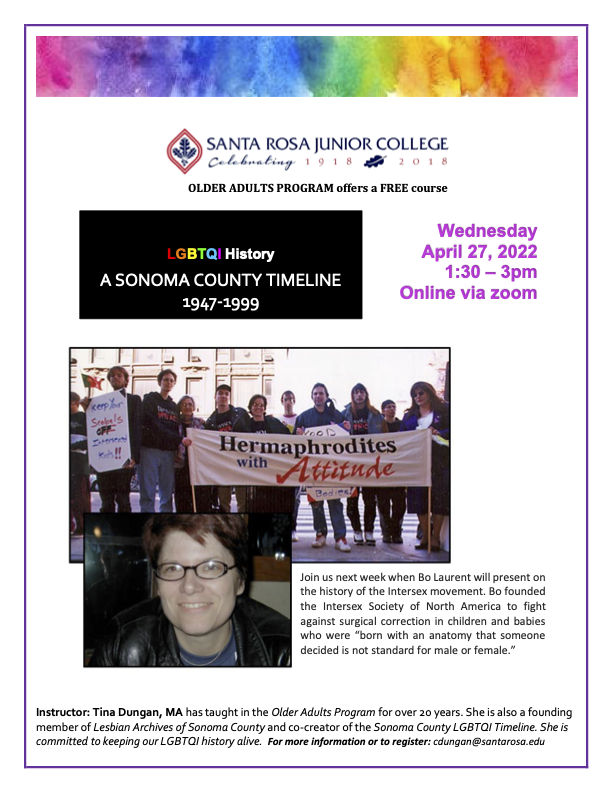Maryland school board bans “gateway” rainbow flags
The Carroll County Public Schools district has banned rainbow flags, saying they could be a “gateway for other flags” and that teachers were bullied into displaying them.
A local chapter of PFLAG had donated small Pride flags to the district and staff members were told they could put them on their desks as a sign of support for LGBTQ students.
Related: Lawmaker’s epic clapback to getting called a “groomer” goes viral
But board members accused the administrators of “bullying” teachers into displaying the flags. Teachers were not required to display the flag.
“Many teachers have reached out to me saying that they’ve been pressured or bullied to put flags in their classroom, and that’s a problem that needs to be addressed,” board member Donna Sivigny claimed. She was unable to cite a specific example.
“These flags were shoved down teachers’ throats to put on their desk – that’s not inclusive,” school board President Kenneth Kiler said. “That’s not the way it ought to be.”
“What this does is open up a gateway for other flags to come into our schools that other people will not like,” board member Tara Battaglia added before comparing the Pride flag to the Confederate battle flag.
“We’ve already banned the Confederate flag, and that was done a couple of years ago,” she said as she tried to skirt the reason why she thought the Pride flag could be offensive. “The premise behind the Pride flag was social advocacy… which is political.”
But another parent got to the heart of the issue by saying that the flags “do not solely represent the gay community. They also represent gender identity and transgender ideology.”
Republicans and the religious right have turned schools into the latest front in the culture wars. From laws that ban transgender children from playing school sports to restrictions on history class instruction on slavery and the Holocaust, conservatives have pushed dangerous claims using racist and homophobic stereotypes and slurs.
Just days after Florida’s governor signed the state’s “Don’t Say Gay” bill into law and several other states – including Arizona, Oklahoma, and Utah – passed anti-transgender laws, the Department of Justice issued a warning to states that said targeting trans people for discrimination could violate federal law.
The DOJ “is committed to ensuring that transgender youth, like all youth, are treated fairly and with dignity in accordance with federal law,” the letter opens. “This includes ensuring that such youth are not subjected to unlawful discrimination based on their gender identity, including when seeking gender-affirming care.”
Over the past two years, states have been attacking transgender youth with bills to take away their ability to participate in school sports, to ban doctors from providing gender affirming care, and to keep schools from treating trans students equally. Florida’s Don’t Say Gay law even requires schools to out transgender students to their parents in some cases.
